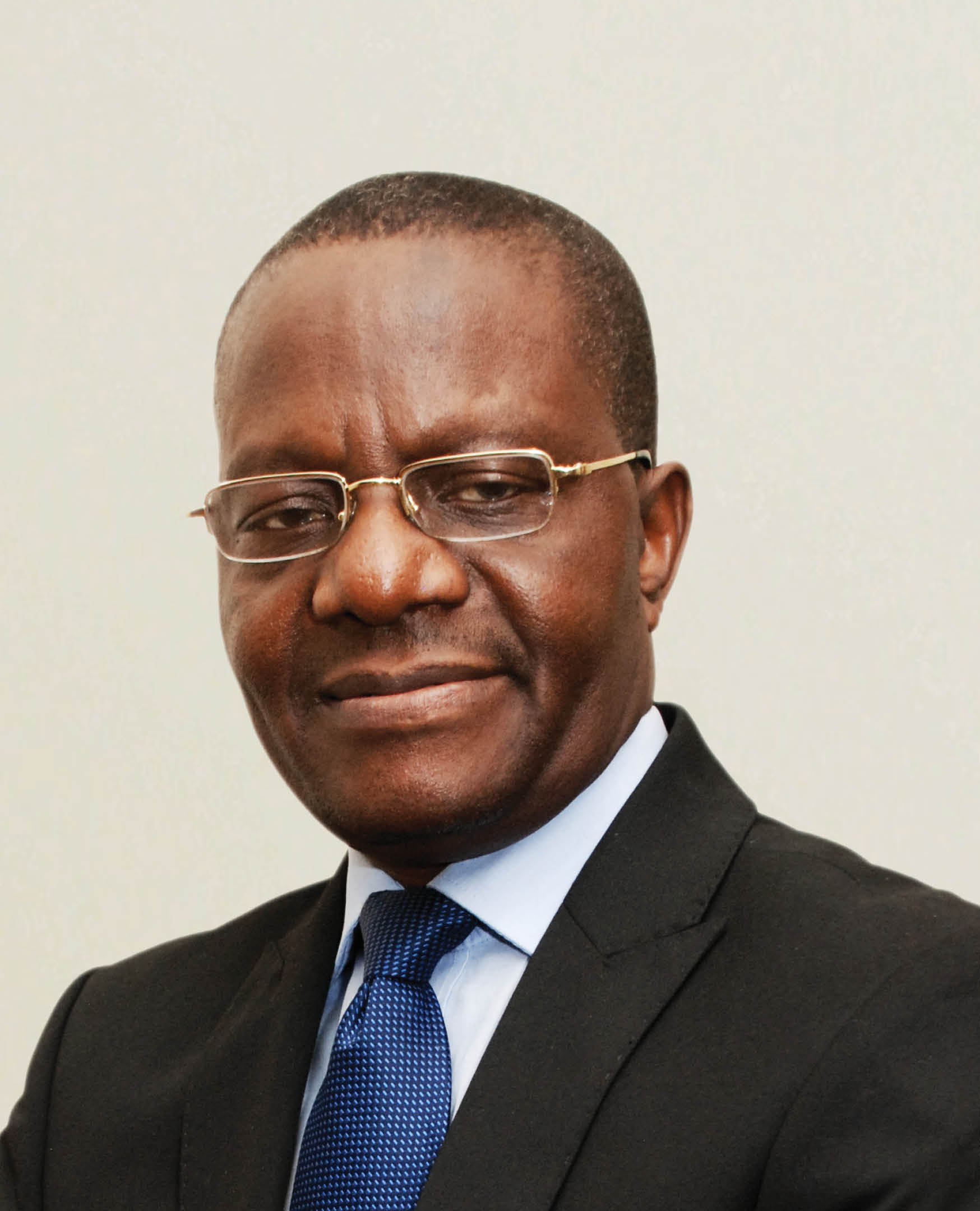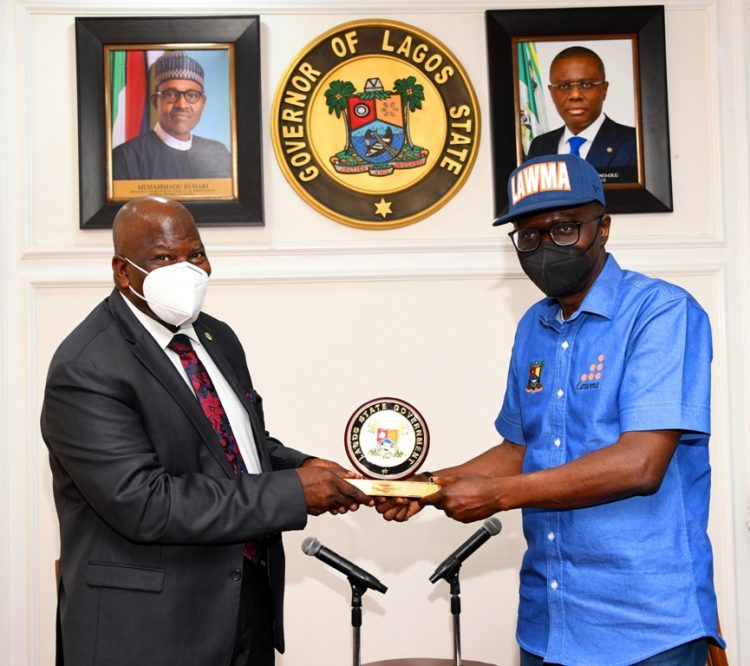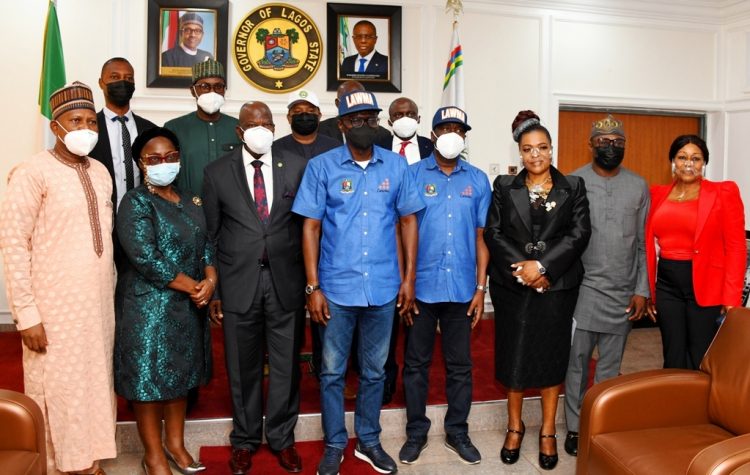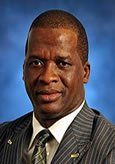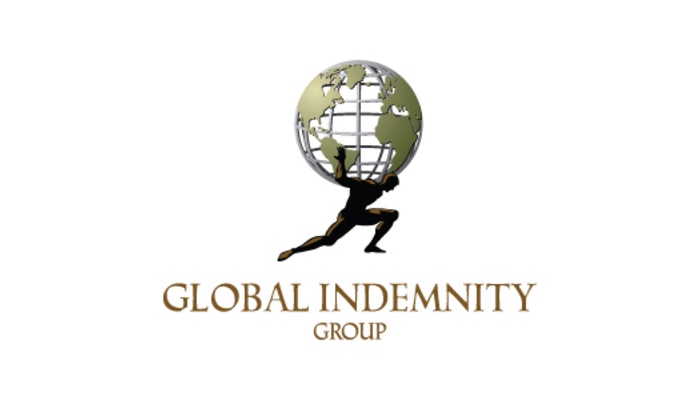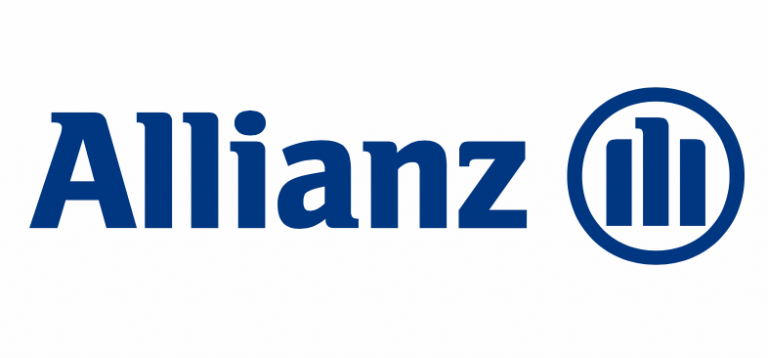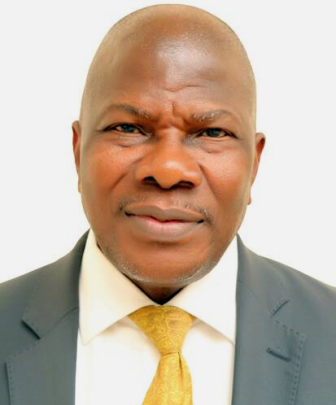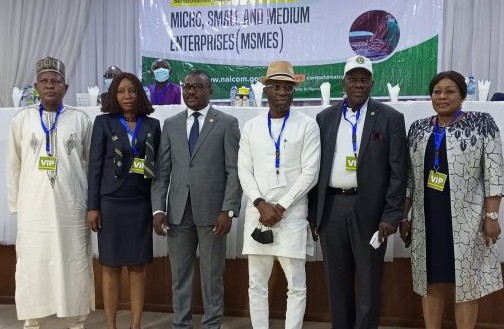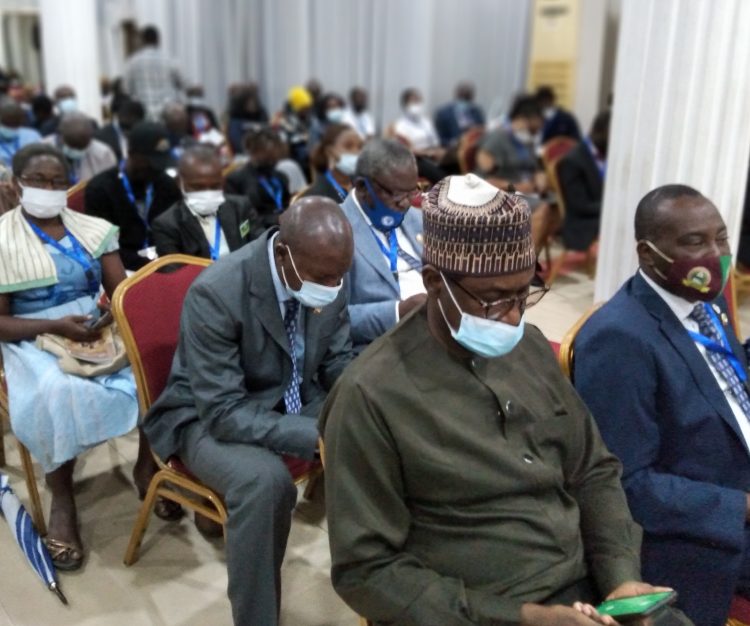All Posts in "Business"
WAICA Re turnover up by 46% in 2020
By Favour Nnabugwu
WAICA Re has posted a turnover of 102.6 million USD in 2020 against 70.3 million USD in 2019, representing a 46 percent increase.
In 2020, the group based in Freetown (Sierra Leone) has recorded 31 percent of its premiums in Nigeria, 16 percent in Ghana and 11percent in Tunisia.
The portfolio is dominated by the property and casualty class of business with 40% of total premiums, followed by third party liability 19 percent, and engineering 11percebt.
Facultative risks account for 72 percent of 2020 acceptances. The net incurred losses stand at USD 30.5 million, a 63 percent growth compared to the 18.7 million USD reported in 2019.
The net income has gone up by 39 percent from 9.7 million USD in 2019 to 13.6 million USD a year later.
The company’s shareholders’ equity has reached 98.159 million USD compared to 89.37 million USD at the end of 2019. The return on equity (ROE) is 14 percent
Eddie Efekoha gives daughter out in marriage
The Group Managing Director of Consolidated Hallmark Insurance, Mr Eddie Efekoha gave his daughter, Ejiro Efekoha out in marriage to Osigwe Momoh at the weekend in Lagos
CAPTION
L- Olorundare Sunday Thomas, Commissioner for Insurance/CEO, National Insurance Commission (NAICOM); Mrs. Ogheneyoreh Efekoha, bride’s mother; Osigwe Ahmed Momoh, groom; Ejiro Oghenesuvwe, bride and Eddie Efekoha, bride’s father/Group MD, Consolidated Hallmark Insurance Plc, during the wedding of Ejiro and Osigwe in Lagos at the weekend.
Naicom visits Lagos State Governor in Lagos
L – Commissioner For Insurance, Mr Olorundare Thomas and Gov. Babajide Sanwo-Olu a day to the MSMEs programmed National Insurance Commission organised in Lagoa
L- Deputy Commissioner Technical, National Insurance Commission (NAICOM), Sabiu Bello, Director General, Nigeria Insurers Association (NIA), Mrs Yetunde Ilori, Commissioner for Insurance, Mr Olorundare Thomas, Lagos State Governor, Sanwo-Olu, his Deputy, Dr Obafemi Hamzat, President, Nigerian Council of Registered Insurance Brokers (NCRIB), Dr Bola Onigbogi, Commissioner for Finance, Dr Rabiu Olowo, Permanent Secretary, Ministry of finance, Mrs Ayoola Oyeyemi and others.
Court clears former Staco MD, Sakiru Oyefeso of bankruptcy
By Favour Nnabugwu
The federal high court sitting in Lagos has cleared the former managing director/CEO of Staco Insurance Plc, Dr. Sakiru Oyefeso, of bankruptcy allegations
Justice I.N Oweigbo, who presided over the judgement delivered on the 29th of June, 2021 said, all Exhibits submitted by the creditor, that is, Staco Insurance Plc, before the court, lack substance to declare Oyefeso bankruptcy.
According to the judge, “the picture of the activities of the debtor painted above cannot in my mind constitute a debt. I am not satisfied that there exists a debt or that the debtor committed acts of bankruptcy to entitle the creditor to the reliefs sought. The petition is accordingly dismissed. I award cost of N50,000 against the creditor in favour of the debtor.”
Staco Insurance Plc had earlier filled a petition against Oyefeso, praying that the court adjudge him bankrupt, and that all assets, interests and holdings, either held personally or through third parties and the privies be liquidated.
The insurer alleged that, Mr Sakiru Oyefeso owed the company the sum of; N575, 943, 276.70; $2,175,000 and €219,498.
The Insurance firm also prayed for an order divesting the debtor, Sakiru Oyefeso, of all shares, interests and holdings in all public and private companies as well as perpetual injunction restraining Dr. Sakiru Oyefeso from appointment as a director in any company in Nigeria.
The petition was filled in 2019, along an application for issuance of bankruptcy notice, Notice of bankruptcy and an affidavit of truth of statement in the petition.
Global Indemnity records $338.8m GWP in first half 2021
By admin
Property and casualty insurer Global Indemnity recorded gross written premiums (GWP) of $338.8 million over the first six months of 2021, the highest level for any six-month period since the company became publicly traded.
Despite the 5.8% increase in GWP, underwriting income over the H1 period totalled just $0.3 million, compared to $32.3 million in 2020, leaving the company’s combined ratio at 100.2% versus 89.0% last year.
But Global Indemnity still reported net income of $11.7 million thanks to improvements in investment income and realized gains.
Investment income totalled $20.5 million in H1 2021 compared to $7.8 million in 2020, due to increased returns from alternative investments offset by a decrease in yield within the fixed maturities portfolio.
Likewise, the insurer saw realized gains of $7.7 million for the period, compared to a realized loss of $29.7 million last year, when financial markets were disrupted by the COVID-19 pandemic.
For the three-month Q2 period, Global Indemnity reported net income of $6.3 million, as GWP increased 6.5% to $175.2 million.
Underwriting income during this time was $1.8 million compared to $21.7 million in 2020, which resulted in a combined ratio of 99.2%, compared to 85.2% for Q2 2020.
Excluding prior year loss development, underwriting income increased to $7.3 million in 2021 from $2.4 million in 2020 due to lower property catastrophe losses partially offset by higher severity on casualty and non-catastrophe property claims.
2021 also included strengthening of prior accident year loss reserves of $5.5 million primarily due to an increase in severity from a 2018 Hurricane Michael claim.
Global Indemnity also turned investment income of $10.6 million in Q2 and saw realized gains of $3.8 million.
Allianz expects $900m claims from flood loss, to get $500m from reinsurance
By admin
Global insurance carrier Allianz is anticipating around €900 million of gross losses just from storm Bernd’s impacts in Europe and the related severe flooding that struck the region, with Germany the worst affected.
The company anticipates making a significant reinsurance recovery against this, with its excess-of-loss reinsurance tower set to be triggered and more than half of the gross loss burden set to be recovered.
Speaking this morning, Allianz CFO Giulio Terzariol gave some clarity on the expected impacts, saying that the €900 million of losses that has been reported already is solely from the impacts of storm Bernd.
Allianz Deutschland had previously said it expected at least €500 million of claims from the floods in Germany alone.
Storm Bernd struck Central Europe in July and caused most of its damage from flooding caused by a number of major rivers overflowing following extreme rainfall levels.
Allianz’s CFO Terzariol commented on the impacts of storm Bernd this morning, saying, “We assume that we’ll pay out around EUR 900m to our customers only from storm Bernd.”
Given Europe had faced more severe storms and floods in June as well and further storm activity in August, it likely means Allianz is facing a billion Euro plus gross claims burden from recent weeks of storm activity across the continent.
The CFO noted that Allianz tries to help its customers recover quickly from this type of catastrophe, saying that the insurer has made upfront payments of up to EUR 10,000 per customer.
Allianz’z reinsurance panel are now anticipating their own burden, as the company expects that after reinsurance and reinstatement premiums, its net loss from the storm Bernd impacts and flooding will only be around €400 million.
Which means more than €500 million of reinsurance recoveries are anticipated by Allianz after these floods, which is largely anticipated to be from its catastrophe excess-of-loss reinsurance tower.
Insurance operators charged to focus on MSMEs for penetration
By Favour Nnabugwu
The House Committee on Insurance and Actuarial Matters, Hon Rep Darlington Nkwocha said if the insurance industry wished to create great impact in penetration in the country, the sector should focus on nano, micro, small and medium enterprises NMSMEs.
The various segments of enterprises Nkwocha reckoned, will become the hub for insurance retail that will benefit the NMSMEs, the insurance providers and the regulator. Besides, he said Insurance Bill 2020 which he stated is about 70% done by the National legislature will be the bastion to grow insurance beyond limit and at the same time score well in penetration.
The Commissioner for Insurance, Mr Sunday Thomas, said the insurance industry is set to harness the four segments of enterprise that contribute 49% of gross domestic product GDP by providing the insurance protection that fits each segment; ‘nano’ (which was created recently LCCI to segment business that employs between 1-3 persons with a working capital from N1- N1million), micro, small and medium scale enterprises.
Thomas said the insurance input that is coming into the four segments of businesses when the embrace is accomplished, would give this critical section of the economy “the confidence to venture” and consolidate the gains of enterprise.
NAICOM helmsman said insurance protection for the MSMSEs is of utmost importance and its key development intervention of government for economic sustainability that is why the Commission is following set pattern of government to provide the enterprises with the lead to insurance protection it needs.
He speaks further on the importance of importance for the enterprises and the consequences for ignoringHe therefore challenged , “In Nigeria, all development interventions of the current administration have had components focused on enabling these MSMEs sprout and flourish but unfortunately, with little or no insurance content to deal with associated risks and ensure sustainability and guarding them against failure.”
With a close tab on the insurance benefits to the segments of enterprise in focus, the Governor of Lagos State, Babajide Sanwo-Olu, said insurance protection should be accepted as the safety net for unforeseen risks.
Sanwo-Olu said the federal, states including the Central Bank of Nigeria have created policies and incentives to sustain the enterprises in focus to make the economy strong. He therefore, challenged the insurance operators to design products and services that are affordable and understandable. The Governor was represented by the Commissioner for Insurance, Dr, Rabiu Olowo.
The Director General Nigerian Insurance Association, Mrs. Yetunde Ilori, admonished the MSMEs to link their businesses with insurance protection. She comments, “Whatever you cannot afford to loose should be insured.”
In his Introduction: benefits of Insurance to MSMEs, Abdulrasheed Babalola, informed the attendees that insurance protection offers financial protection, boosting production and facilitating access to finance.
CFI Speech at MSMEs sensitisation workshop in Lagos
WELCOME ADDRESS BY OLORUNDARE SUNDAY THOMAS, COMMISSIONER FOR INSURANCE/CEO, NATIONAL INSURANCE COMMISSION (NAICOM) AT THE SENSITIZATION WORKSHOP ON INSURANCE FOR MSMES AND STAKEHOLDERS ON AUGUST 5TH, 2021 AT THE LCCI, ALAUSA LAGOS
Protocol
I am delighted to welcome you to this workshop meant to educate and enlighten the Micro, Small and Medium Enterprises (MSMEs) on the benefits of insurance The importance of MSMEs to national development cannot be overstated. It is indeed the fulcrum of a nation’s growth and development.
MSMEs form the superstructure to stimulate mass enterprise growth and serve as a source of livelihood for the base of the pyramid population across all economies be it underdeveloped, emerging or frontier markets.
In Nigeria, all development interventions of the current administration have had components focused on enabling these MSMEs sprout and flourish but unfortunately, with little or no insurance content to deal with associated risks and ensure sustainability and guarding them against failure.
According to the National Bureau of Statistics, Micro, Small and Medium Enterprises (MSMEs) in Nigeria have contributed about 48% – on average – to the national Gross Domestic Product (GDP) in the last five years from a total of about 17.4 million enterprises (NBS 2019). They account for about 50% of industrial jobs and nearly 90% of activities in the manufacturing sector.
While some challenges still abound from infrastructure to funding, it is encouraging that the Federal Government through its deliberate policy of removing 100million Nigerians from poverty in the next ten years is taking on the challenges to build businesses and leverage them to create prosperity.
In addition to the efforts of the government at all levels, the spirit of entrepreneurship of Nigerians is driving creativity and productivity.
However, the concern is that whatever gain or progress made in this sector can be halted abruptly in the face of a natural or man-made disaster which can often prove daunting to surmount without any support. In particular, when MSMEs are affected by any mishap, the disruption produces not only direct business losses, but also indirect losses and economic ripple effects. The range of impact include job losses, debt overhang, and a relapse of households into extreme poverty.
While the risks that expose MSMEs to this type of vulnerability may not be within the scope of human control, what is within human reach is a deliberate risk management plan through Insurance. It gives you confidence to venture
Insurance is that product you buy when you think you do not need it because it may be too late to buy it when the need for it arises.
. Notwithstanding the importance of Insurance to lives and property, adoption and penetration have been low in Nigeria owing largely to a lot of challenges principal of which may be the inadequate product offerings that meet the needs of the consumers including the MSMEs.
Consequently, the MicroInsurance and Takaful are two insurance offerings carefully designed for affordability and inclusiveness to bring Insurance within the reach of one of the nations most valued contributors to the economy-the MSMEs. This will support the sector for speedy recovery when unforeseen situations occur.
Thus, NAICOM have undertaken to educate and drive enrollment for these products through this sensitization workshop.
The workshop has so far made stops at three cities in Nigeria; Kano, Kaduna and Abuja pulling MSMEs from these cities and their environs. At all locations, we received overwhelming responses in terms of attendance, engagement and enrollment. The average attendance per location have been over 1000 MSMEs. However, due to the prevailing pandemic and the need to adhere to the protocols, the number allowed in the hall today is restricted to 300 MSMEs.
Lagos state is a key stop for us for obvious reasons; first, Lagos has been Nigeria’s nerve center of commerce, the State hosts the single largest number of, MSMEs in the country, put at 11.5% of total. (NBS 2019)
Secondly, and more important, the current and past administrations of this state have demonstrated a continuous commitment to sustaining MSME growth.
Specifically, the constellation of deliberate polices, special programmes and projects, in collaboration with various agencies to boost capacity, access credit, enable trade are all commendable. Some of the State efforts that readily comes to mind and which have been supportive to the Federal Government efforts are: i. The Lagos State MSMEs Exclusive Fairs
ii. The N220 billion Micro and Medium Enterprises Development Fund (MSMEDF) to cushion the impact of COVID 19,
iii. Other State intervention programs
All of these efforts represent to us both the will and action to engender MSME growth.
It is with these assurance that we have anticipated and prepared, that we shall record much more significant outcomes here with this workshop.
The level of vulnerability of MSMEs to extinction by likely disasters – both natural and man-made is very high; we all witnessed the destruction of life and property during the #EndSars protest which may have killed some MSMEs and driven some persons further down the poverty line. The good thing which is our message to you today is that insurance will provide you the shock-absorber to withstand any of these unforeseen calamities when they do occur and help your reinstatement in business.
The NAICOM is committed to our mandate of providing diligent oversight to the insurance sector towards ensuring prompt settlement of genuine claims when insured event occurs. I dare say that the MSMEs sector is too important to be neglected as it is key to economic development of the nation and thus, must be guided and protected against failure. The encouraging responses validate that the products meet a critical need also that the appetite for players in the MSMEs sector to succeed sustainably is high.
To ensure that you are properly guided, let me inform you that we have 59 insurance companies; 510 insurance brokers, 4 Microinsurance companies and 4 Takaful companies licensed by NAICOM to operate. Be free to approach any of them for an appropriate and adequate insurance policy that meet your needs.
In conclusion, we believe that the conversations today in addition, will provide insights for us to learn from, to adequately protect the MSMEs as policyholders, ensure a safe and sound Insurance sector, as well as encourage innovation and product development that meet the specific needs of the MSMEs.
Your Excellency, delegates, colleagues in the insurance sector, the press, distinguished ladies and gentlemen, I thank you all for finding time to attend this workshop and I hope you leave here better informed and enlighten on the numerous benefits inherent in the consumption of insurance products. Finally it is my believe that you will take the necessary steps to get yourself, properties and business adequately covered by reaching out to a broker or an insurance company for your insurance needs.
Thank you for listening.
Faces at NAICOM, MSMEs sensitisation programme in Lagos
CAPTIONS
L – Deputy Commissioner for Insurance, Technical, Alhaji Saliu Bello Abubakar; Director General, Chartered Insurance Institute of Nigeria, Abimbola Tiamiyu; Commissioner for Finance In Lagos State, Dr Rabiu Olowo, representing Gov. Babajide Sanwo-Olu; Commissioner for Insurance, Mr Olorundare Sunday Thomas and Chairman, House Commitee on Insurance and Acturial matters, Darlington Nwokocha at the ongoing Sensitization workshop for MSMEs organized by the National Insurance Commission (NAICOM) in Lagos
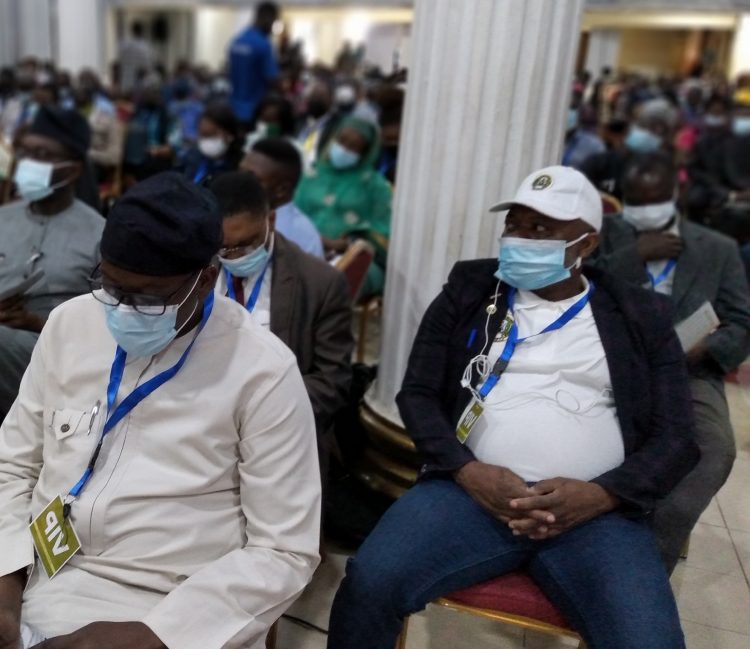
R – Mr AbdulRasaaq Salami, Deputy Director of Corporate Communications of Naicom at the event


